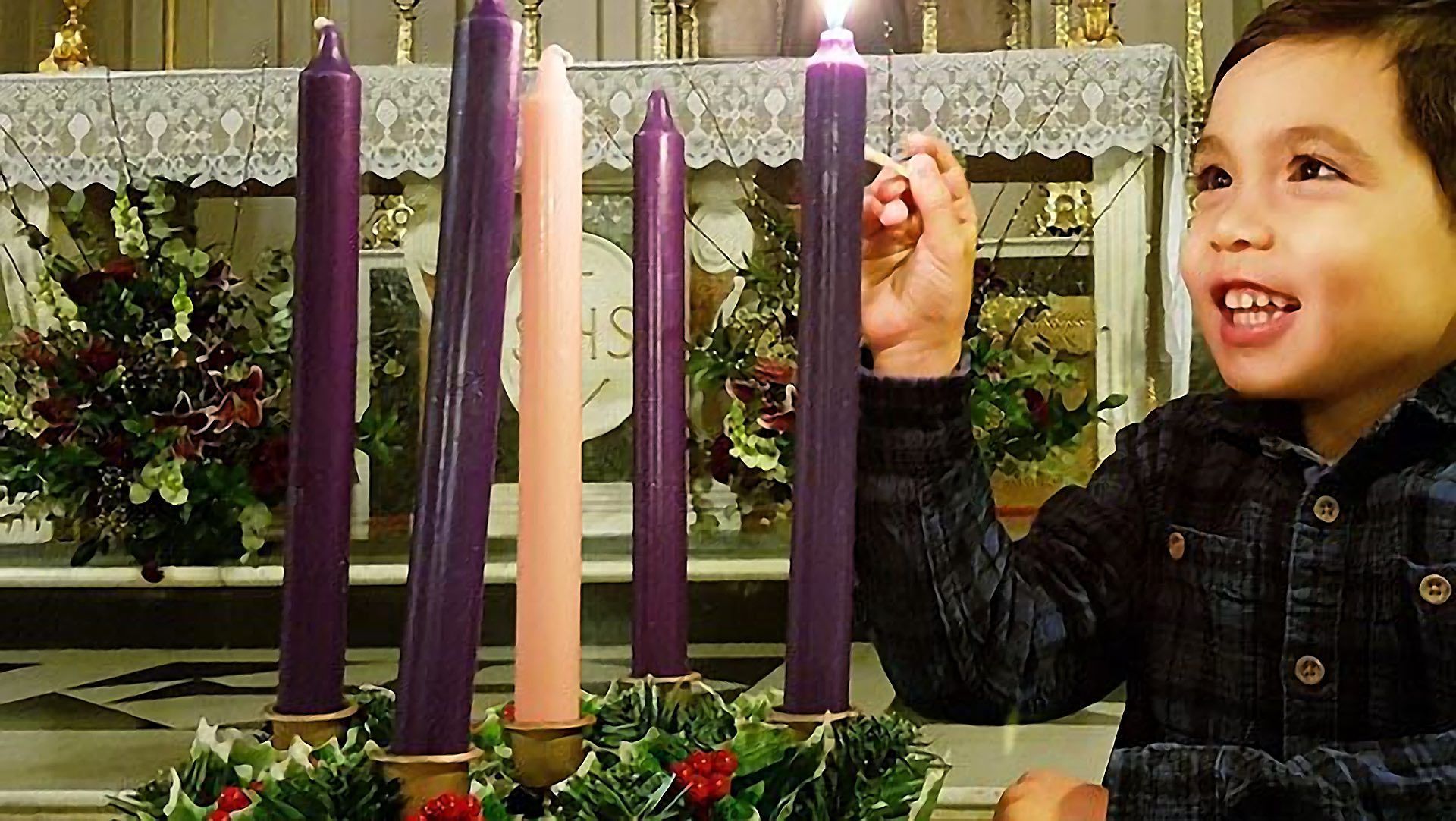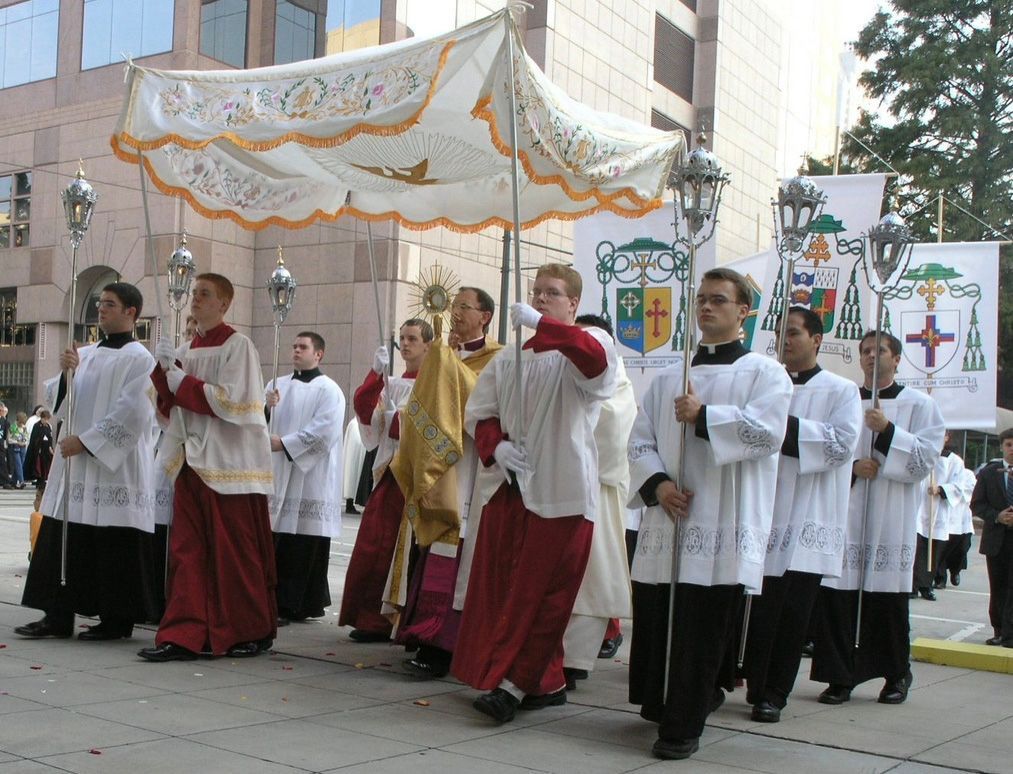Prayers That Work
We all want our prayers to work. Are there any guarantees?

In trying to figure out which prayers are effective, we can start with Jesus’s amazing promise to all of us Christians in John 15:7. Here’s his guarantee to his followers: “If you abide in me and my words abide in you, ask whatever you wish and it will be done for you. Wow, ask whatever you wish!
What a fantastic, promise to encourage our prayer lives. But there are considerations as to what makes our prayer life effective. Do we get what, “If my word abides in you,” means? Prayer is for granting us the joy of seeing God’s will executed through us, as his will becomes our will.
The only joy in life that lasts is when our desires are drawn from his desires, and those desires are the ones that have the promise made to them. “Ask and it will be done for you”. Here is the way John put it: “Whatever we ask we receive from him, because we keep his commandments and do what pleases Him.” (1 John 3:22)
The heart of the gospel is that we don’t bring anything to God. Prayer, which is made possible by the Holy Spirit and inspired by words of the gospel, works the same way. God gives to us; we don’t give to God. We ask; he gives. Prayer depends on what he has done in us and for us, and on what he will continue to do in us and for us.
Jesus, through the Holy Spirit teaches us to pray and to freely ask our Father for the desires of our heart: “Ask, and it will be given to you; seek, and you will find; knock, and it will be opened to you. For everyone who asks receives, and the one who seeks finds, and to the one who knocks it will be opened.” (Luke 11:9–10)
We can ask for whatever we want, because God will not give us anything bad, but only what is good for us (Luke 11:11–13). That’s the catch! Meaning we don’t ask foolishly. Peter even exhorts us: “Cast all your anxieties on him, because he cares for you” (1 Peter 5:7) — all our anxieties, even our everyday and material ones. We need not be afraid to ask him for anything, and not hold back any of our burdens from him.
If we want to grow and mature in prayer, neither do we need to be on a timer, nor become instant contemplatives. We don’t need to have a hidden prayer trailer in the desert either. But we do need to become better at how we ask. We need to realize that we are all flawed, fall from grace; that we need God every step of the way. If God were not to intervene, we would all continue to make messes out our own lives and those around us.
The scriptures certainly tell us, you are weak and sinful, flawed, and needy — but God is strong, gracious, and good — and ready to answer. Ask him to do what he has already promised to do for you. And keep praying, until you see him face to face.
Inspired Reflections










